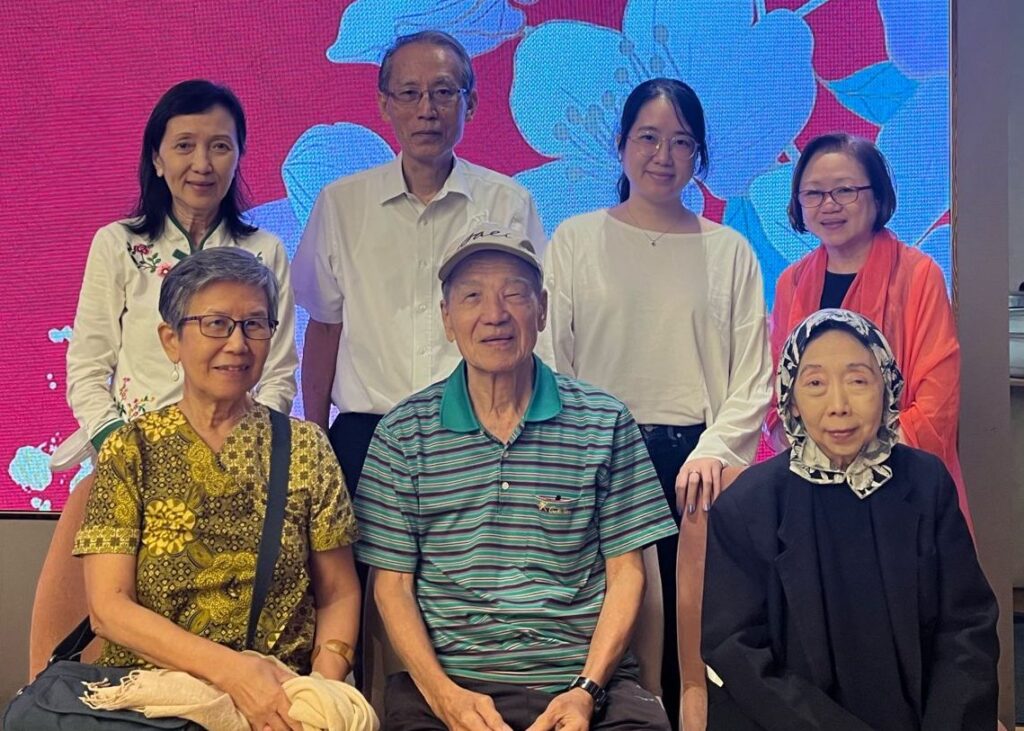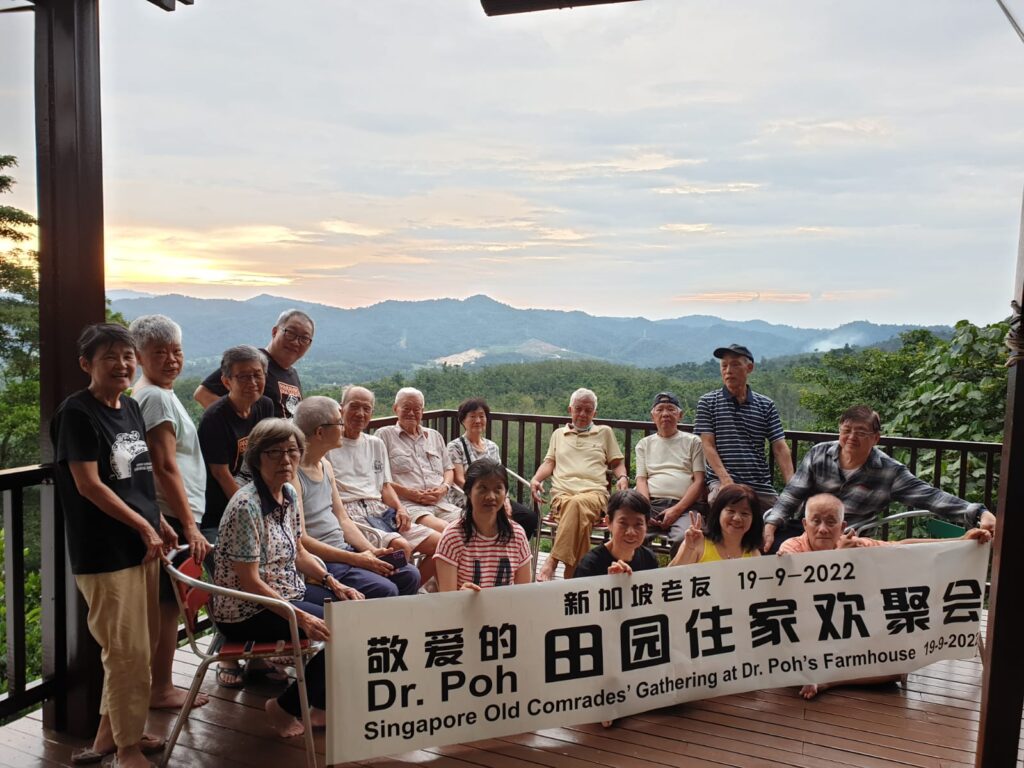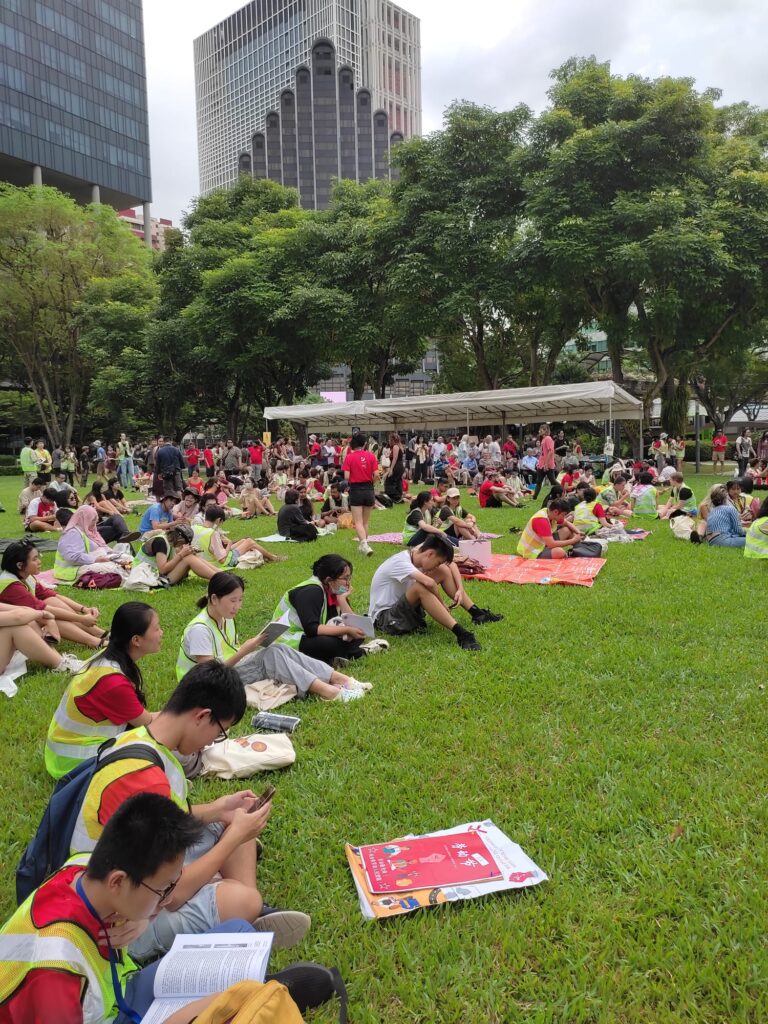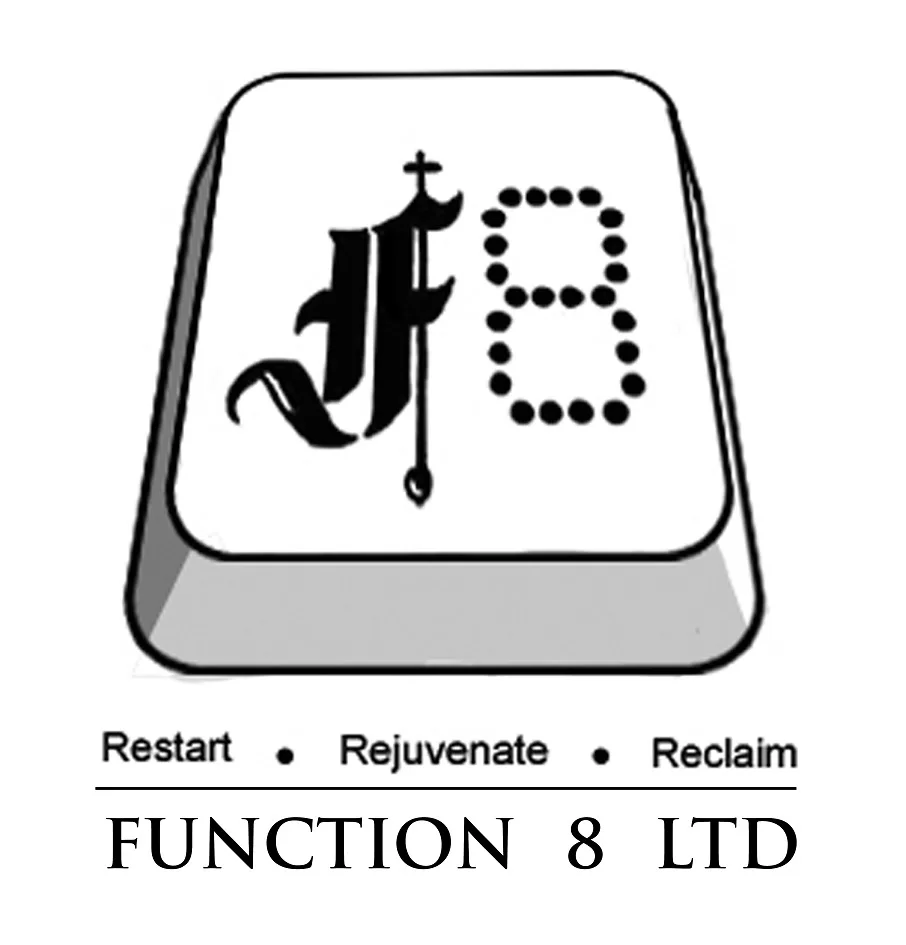Dr Ang Swee Chai Orthopaedic Surgeon. Founder Medical Aid for Palestinians; author of From Beirut to Jerusalem (1989; 40th Anniversary, Sabra-Shatila Massacre edition with a New Introduction)

Dr Poh is an icon who guides and inspires. I was honoured and privileged to meet him in 1975, a year after he was briefly released from prolonged imprisonment without trial since 1963 for fighting colonialism.
I was then a young doctor wanting to make this world a better place so that health will truly become a universal human right not determined by wealth. I remember how excited I was to learn that Dr Poh had accepted to give a talk to the University of Singapore. I was asked by the organisers of his talk to prepare a background paper on the income structure of Singapore in relation to health. On the day of his talk, the large lecture theatre was packed, and people were sitting on the steps. I had read about this giant freedom fighter who walked the talk and stood up against oppression and persecution for his actions. I held my breath as he arrived. He was quiet and humble, very gentle and soft spoken – no aggression and bitterness against a system which had unjustly robbed him of so many years of his freedom. He spoke powerfully and earned my complete respect. In the days following he spoke to many audiences with the same courage, conviction and strength.
He was again imprisoned without trial the following year – perhaps to stop him from inspiring more people. It was too late – for many like me, who met and heard him, we were changed. We will continue to give our lives to seek justice and rights for all in honour of the sacrifices he and so many of his friends made in the service of making this world better.
Function 8

Dr Poh Soo Kai’s pivotal role in the Fajar trial and his subsequent life-long fight, most of which was in prison,against PAP’s authoritarian rule, inspired and continues to inspire all of us at Function 8. A good story-teller, he never ceases to remind us of Singapore’s early history and how Lee Kuan Yew suppressed the left through the relentless use of imprisonment without trial.
Kirsten Han Transformative Justice Collective
The first time I met Dr Poh Soo Kai, at the luncheon commemorating the 60th anniversary of the May 13 student movement, I was only just learning about the anti-colonial movement in Singapore in the 1950s and 1960s. But my grandfather, who had accompanied me to the event, recognised him right away. He told me that, back in 1954, he had gone to the court every day of the Fajar trial. He said it’d felt like an important case to follow. He’d never talked about it when I was a kid because the political environment in Singapore had changed so much that these things were no longer hot topics—they’re turned into ‘sensitive’ issues. And so, on that day, I learnt not just about the Fajar generation, but also that my political curiosity was not without precedent in my family.
Few of my generation know much about the Fajar trial and the struggles of Singapore’s leftist movement. There is little appreciation for how much we stand on the shoulders of these elders, how so much that we take for granted today had been bitterly fought for. But this spirit, while dampened over years of oppression, has never been fully broken. Today, young activists are organising and rebuilding, trying to reclaim as much as we can of what was suppressed. No matter how much authoritarians try, a people’s collective desire for freedom, dignity and justice will persist.


Leave a Reply